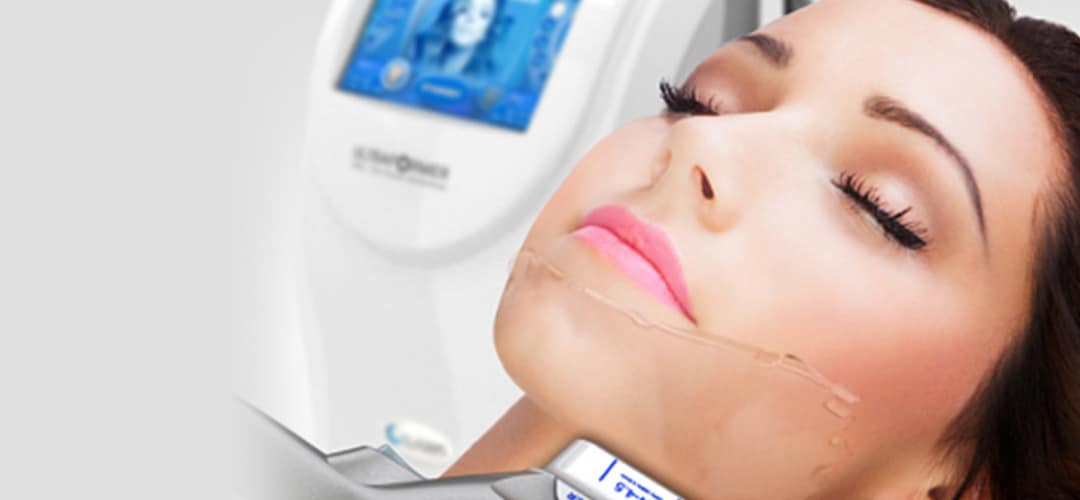Why Medical Convenience Matters for International Tourists
Traveling internationally can be an exciting and enriching experience. From exploring new cultures to enjoying local cuisine and sightseeing, tourists have countless opportunities to create unforgettable memories. However, along with these pleasures come potential challenges—health-related issues being one of the most significant. No traveler wants a sudden illness or injury to derail their vacation, which is why medical convenience is increasingly becoming a top priority for international tourists.
The Importance of Accessible Healthcare While Traveling
One of the key concerns for travelers is access to quality healthcare while abroad. Being in an unfamiliar city, often with language barriers and different medical systems, can make even minor health issues stressful. For instance, something as simple as a stomach upset or a sprained ankle can quickly escalate into a major inconvenience if proper medical support isn’t nearby.
Accessible healthcare reduces anxiety and ensures that tourists can enjoy their trip without worrying excessively about what might happen if they fall ill. Many international tourists now actively consider healthcare options when choosing their accommodations, prioritizing hotels or resorts that offer medical services on-site or have quick access to nearby hospitals and clinics.
The Role of On-Demand Medical Services
On-demand medical services are transforming the travel experience. Just as travelers have come to expect fast Wi-Fi and 24-hour room service, they are now seeking immediate access to medical care. Telemedicine, 24/7 nurse hotlines, and on-call physicians are increasingly common in hotels catering to international guests. These services provide reassurance that medical help is just a call away, minimizing the stress of being in an unfamiliar location.
One particularly innovative option is having a doctor at hotel Dubai. This service allows guests to consult a qualified physician without leaving the hotel premises, offering both convenience and privacy. Tourists no longer need to navigate busy city streets, arrange transportation, or deal with language barriers to get the medical care they need.
Benefits of On-Site Medical Assistance
Having medical professionals available at hotels offers several advantages. First, it drastically reduces response time in emergencies. Whether it’s a sudden allergic reaction, a minor injury, or an unexpected illness, immediate access to a doctor or nurse can prevent complications and ensure timely treatment.
Second, on-site medical assistance enhances comfort and peace of mind. Tourists can relax knowing that professional help is close by, which allows them to focus on enjoying their trip. This is especially important for families traveling with children or elderly travelers who may have more complex healthcare needs.
Third, hotels with medical services often provide additional wellness resources, such as routine health checks, vaccinations, or fitness consultations. This integrated approach supports preventive care, helping travelers stay healthy throughout their stay.
Reducing Stress for International Travelers
Traveling can be stressful, and health concerns add an extra layer of anxiety. International tourists face unique challenges, such as unfamiliar healthcare systems, varying medical standards, and limited knowledge of local medications. These uncertainties can make even minor health issues feel daunting.
Having convenient access to medical care mitigates this stress. When tourists know that medical assistance is readily available, they can focus on exploring the city and enjoying activities without constant worry about potential health risks. This sense of security enhances overall travel satisfaction and can even improve the overall quality of the vacation experience.
Catering to Diverse Health Needs
International tourists often have diverse health requirements. Some travelers may have chronic conditions that require ongoing management, while others may be more concerned with preventive care during their trip. Hotels that provide on-site medical services are well-positioned to accommodate these varying needs.
For example, a guest with diabetes may need regular blood sugar monitoring, while another with a history of allergies may require quick access to epinephrine or other medications. By offering personalized medical care, hotels can ensure that all guests receive appropriate attention, regardless of their health status. This level of service reflects a growing trend toward tailored, guest-focused hospitality.
Impact on Travel Decisions
The availability of convenient medical services increasingly influences travel decisions. Tourists are more likely to choose accommodations that prioritize health and wellness, particularly in destinations where healthcare access may be limited or unfamiliar. Hotels that advertise on-site doctors or medical partnerships gain a competitive advantage, attracting discerning travelers who value safety and peace of mind.
Moreover, travel insurance policies often favor accommodations with accessible medical support. Some insurers offer lower premiums or enhanced coverage if travelers stay in hotels with medical facilities, further incentivizing the use of these services.
Enhancing Travel Experience Through Technology
Technology plays a crucial role in delivering medical convenience to international tourists. Many hotels now integrate mobile apps, virtual consultations, and electronic health records into their services. Guests can schedule appointments, consult doctors remotely, and receive prescriptions digitally. This seamless integration reduces logistical barriers and ensures that healthcare is both efficient and accessible.
Virtual medical services complement in-person care by allowing tourists to address minor issues from the comfort of their rooms. For more serious cases, on-site doctors or nearby medical facilities provide the necessary hands-on treatment. The combination of technology and professional care creates a comprehensive healthcare ecosystem tailored to travelers.
Safety During Global Health Challenges
Global health challenges, such as pandemics, highlight the importance of accessible medical care while traveling. International tourists may be more cautious about hygiene, vaccinations, and social distancing, and having a doctor readily available in the hotel provides an additional layer of safety.
Hotels that implement rigorous health protocols and offer on-site medical support reassure guests that their well-being is a priority. This approach not only protects travelers but also helps prevent the spread of illness within the hotel and local community.
Conclusion
Medical convenience is no longer a luxury; it is a critical factor for international travelers. Access to healthcare services, whether through on-demand telemedicine or a doctor at hotel Dubai, ensures that tourists can enjoy their trips with peace of mind. The benefits are clear: reduced stress, timely treatment in emergencies, personalized care, and an enhanced overall travel experience.
Hotels that prioritize guest health and wellness are setting new standards in hospitality, demonstrating that travel is not just about comfort and leisure but also about safety and well-being. As international tourism continues to grow, medical convenience will remain a key consideration for travelers seeking unforgettable, worry-free experiences.
By integrating healthcare into the travel experience, the hospitality industry is redefining what it means to truly care for guests. For international tourists, this means that exploring new destinations can be exciting, enjoyable, and, most importantly, safe.












